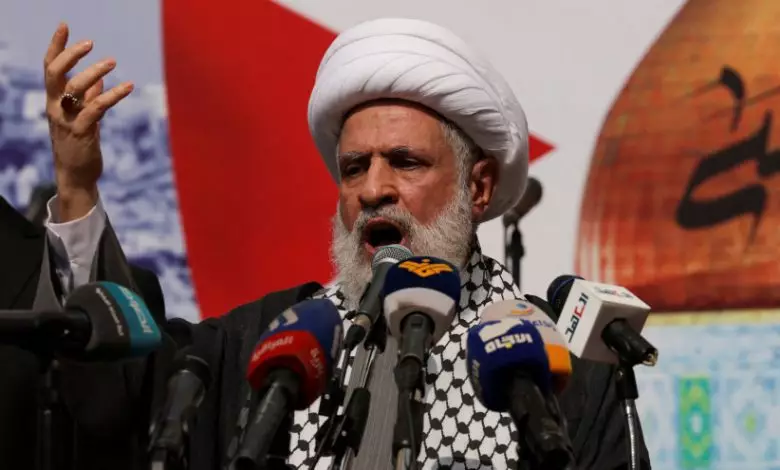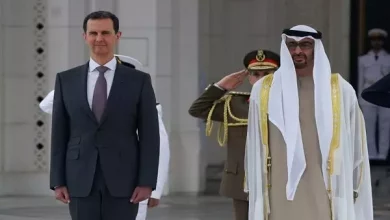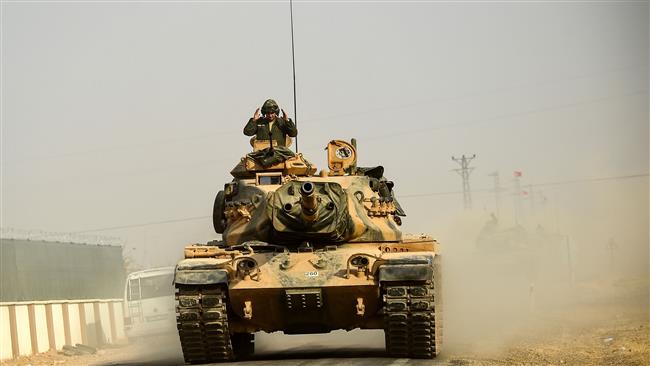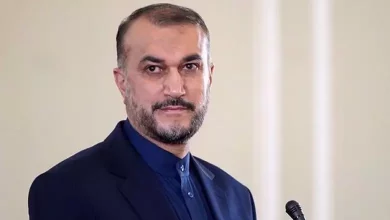Profile: Sheikh Naim Qassem, Hezbollah’s newly appointed leader following the succession of Nasrallah
The Lebanese resistance group Hezbollah has announced the appointment of Sheikh Naim Qassem, who previously held the position of deputy leader, as its new Secretary General. This move follows the tenure of Sayyed Hassan Nasrallah.

Hassan Nasrallah, the leader of Hezbollah, was reportedly killed in an Israeli airstrike targeting the southern suburbs of Beirut last month.
Qassem, a prominent leader with over thirty years of experience within Hezbollah, has been appointed as the head of the Lebanon-based organization following a decision by the group’s Shura Council on Tuesday.
In an official statement, Hezbollah has confirmed that its Shura Council has elected His Eminence Sheikh Naim Qassem as the new Secretary-General. The council has tasked him with leading the organization, symbolically handing him the “blessed banner” for the upcoming journey.
Qassem’s appointment occurs against a backdrop of rising tensions and continued Israeli military actions in Lebanon, which have led to the deaths of at least 2,500 individuals.
He is set to take on the leadership role just days following the disclosure of the assassination of prominent Hezbollah leader Sayyed Hashem Safieddine, who had been widely regarded as the likely successor to Nasrallah.
Qassem has been a key spokesperson for Hezbollah, articulating the objectives and perspectives of the resistance movement in global public forums and through media engagements.
With his vast experience, profound grasp of the group’s ideology, and exceptional communication abilities, he has emerged as a pivotal entity within the Islamic resistance movement, playing a crucial role in articulating the organization’s messages and viewpoints.
Consequently, Qassem has been instrumental in influencing public perception regarding Hezbollah’s stance and activities, on both a regional and international scale.
Sheikh Naim Qassem is a prominent figure in Lebanese politics, recognized for his role as the Deputy Secretary-General of Hezbollah, a Shiite Islamist political party and militant group in Lebanon. Known for his influence within the organization, Sheikh Qassem plays a significant role in shaping Hezbollah’s domestic and regional strategies.
Qassem, born in Beirut in 1953, originates from a family rooted in the southern Lebanese town of Kfar Fila.
He undertook a comprehensive education that encompassed both religious and scientific fields. Under the guidance of esteemed Islamic cleric Ayatollah Mohammad Hussein Fadlallah, he delved into theological studies.
Qassem pursued a comprehensive educational path, obtaining a bachelor’s degree in chemistry from the Lebanese University, in addition to his religious studies. This achievement underscores his dedication to intellectual development and a wide array of academic pursuits.
The newly appointed leader of Hezbollah played a pivotal role in the formation of the Lebanese Muslim Students Union during the 1970s, emerging as one of its original founders.
His initial foray into political activism was through the Lebanese Shia Amal Movement. However, the 1979 Islamic Revolution in Iran had a profound impact on him and other young Lebanese Shia activists, prompting his departure from Amal.
Qassem was instrumental in the founding of Hezbollah, actively engaging in pivotal discussions that resulted in the organization’s creation. Since then, he has continued to be a prominent and influential leader within the group.
In 1991, Hezbollah saw a significant leadership appointment when Abbas al-Musawi, the Secretary General at the time, named him as the organization’s deputy chief.
Over the years, Qassem has held the position of general coordinator for Hezbollah’s parliamentary election campaigns, a role he assumed starting in 1992 when the organization first participated in electoral processes.
He is a highly productive author, having penned the book “Hezbollah: The Story from Within” in 2005. This work offers a distinctive insider’s view of Hezbollah’s history and activities.
This book is regarded as an essential resource for comprehending the origins and development of the movement and has been translated into multiple languages, including English.
On October 15, Qassem delivered a resolute address, affirming his unwavering support for the anti-Zionist movement. He pledged that the resistance would counter Israel’s aggressive actions, aiming to reestablish control and restore stability. Qassem expressed confidence in the eventual success of their cause.
“He emphasized that they are confronting a formidable force intent on overcoming any obstacles to its goals, but assured that they are determined to control it and restore order.”
In a statement on October 8, Qassem described the conflict between Hezbollah and Israel as a “war” focused on determining which side would relent first. He insisted that Hezbollah would remain steadfast and refuse to back down.
Qassem has become the first senior Hezbollah official to make a televised statement following the assassination of Hassan Nasrallah, affirming the organization’s commitment to pursue the path set by the late leader.
In a speech delivered on September 30, he pledged that Hezbollah would promptly designate a new leader while maintaining its steadfast resistance against Israel, in support of Palestinian efforts.
Hezbollah’s actions represent merely the initial phase of what could be an extended campaign aimed at the liberation of the occupied Palestinian territories and al-Quds, as emphasized by the leader.
In a resolute 19-minute speech, Qassem affirmed unwavering dedication to their cause, declaring that the assassination of Nasrallah would neither diminish Hezbollah’s resolve nor derail its mission.
He declared, “Our actions represent the minimum necessary efforts… We acknowledge that the struggle ahead could be prolonged, yet we are confident in our eventual victory, reminiscent of our successful endeavor against Israeli forces in the 2006 liberation.”




